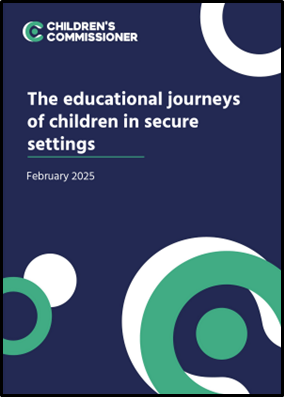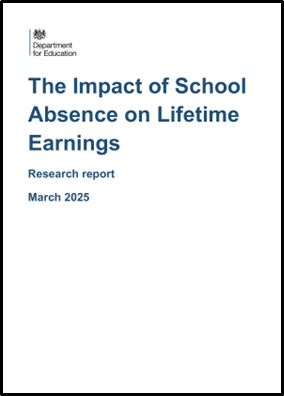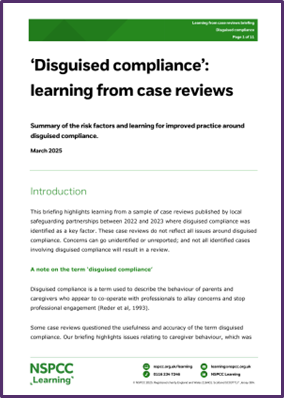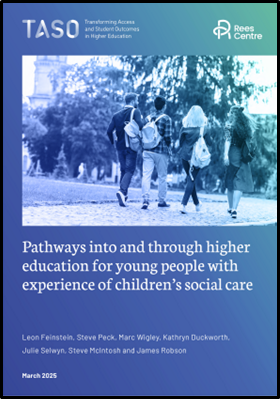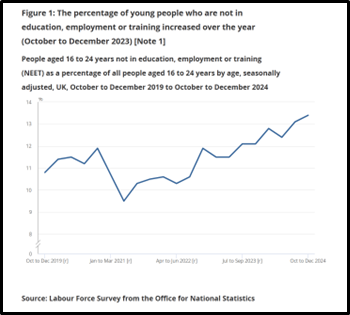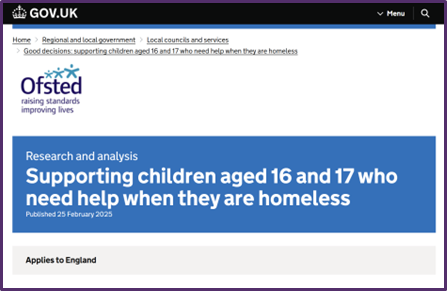Newsletters
Our Regional Improvement Plan can be found here
Our Impact Report published in March 2023 can be found here
If you would like to apply to be a SESLIP consultant, please follow this link to Kent Business Portal – KentBusinessPortal and after registering on the portal, search for Ref – SC240046 – SESLIP – DPS
Updates
Reminders From Previous Weeks
Tools & Templates
We have produced a Regional Improvement Plan (June 2024)
On 7 MarchNSPCC published ‘Disguised compliance’: learning from case reviews
On 6 March TASO published Pathways into and through higher education for young people with experience of children’s social care
On 27 February ONS published Young people not in education, employment or training (NEET), UK: February 2025
On 27 February the Children’s Commissioner published The educational journeys of children in secure settings
On 27 February DfE published Children’s social work workforce data for 2024
On 25 February Oftsed published Good decisions: supporting children aged 16 and 17 who need help when they are homeless
On 20 February the Local Government and Social Care Ombudsman published Fostering better services: Helping to improve council services for foster carers and their children
On 13 February DfE published A level and other 16 to 18 results for academic year 2023-2024
On 7 February Foundations (previously the What Works Centre for Families and Children) published Parenting through adversity, the second in a series of practice guides commissioned by the DfE to support the roll-out of the children’s social care national framework
On 4 February Pause and Listen published In a Mother’s Mind: Birth mothers’ experiences of domestic abuse
On 3 February IJPDS published Estimated cumulative incidence of intervention by children’s social care services to age 18: a whole-of-England administrative data cohort study using the child in need census
On 1 February Centrepoint published Hidden In Plain Sight: Understanding Youth Homelessness in the UK
On 1 February The Fostering Network published State of the Nations’ Foster Care – Full Report 2024
On 28 January the Children’s Commissioner published Children’s involvement in the 2024 riots
On 28 January the APPG for Households in Temporary Accommodation published Child Mortality in Temporary Accommodation 2025
On 15 January ADCS published Safeguarding Pressures Phase 9. The full report (pdf 91 pages) is here. The summary briefing (pdf 2 pages) is here
On 14 January CAFCASS published “Sharing recommendations with you” which explains to children and young people what recommendations are and why it is important that they are understood clearly.
On 7 January LGA published a briefing on CWSBill
On 7 January Barnardo’s published a briefing
On 3 January the House of Commons Library published a Research Briefing on the bill
On 29 December Coram published The Door is Still Closed
On 19 December MoJ published Family Court Statistics Quarterly; July to September 2024
On 18 December DfE published Children’s Wellbeing and Schools Bill Policy Summary Notes
On 17 December the government published the Children’s Wellbeing and Schools Bill
On 16 December the Children’s Commissioner published Illegal Children’s Homes
On 12 December the Centre for Young Lives published Too Skint for School
On 18 November DfE published Keeping Children Safe, Helping Families Thrive – breaking down barriers to opportunity
On 14 November DfE published Children looked after in England including adoptions 2023-2024


